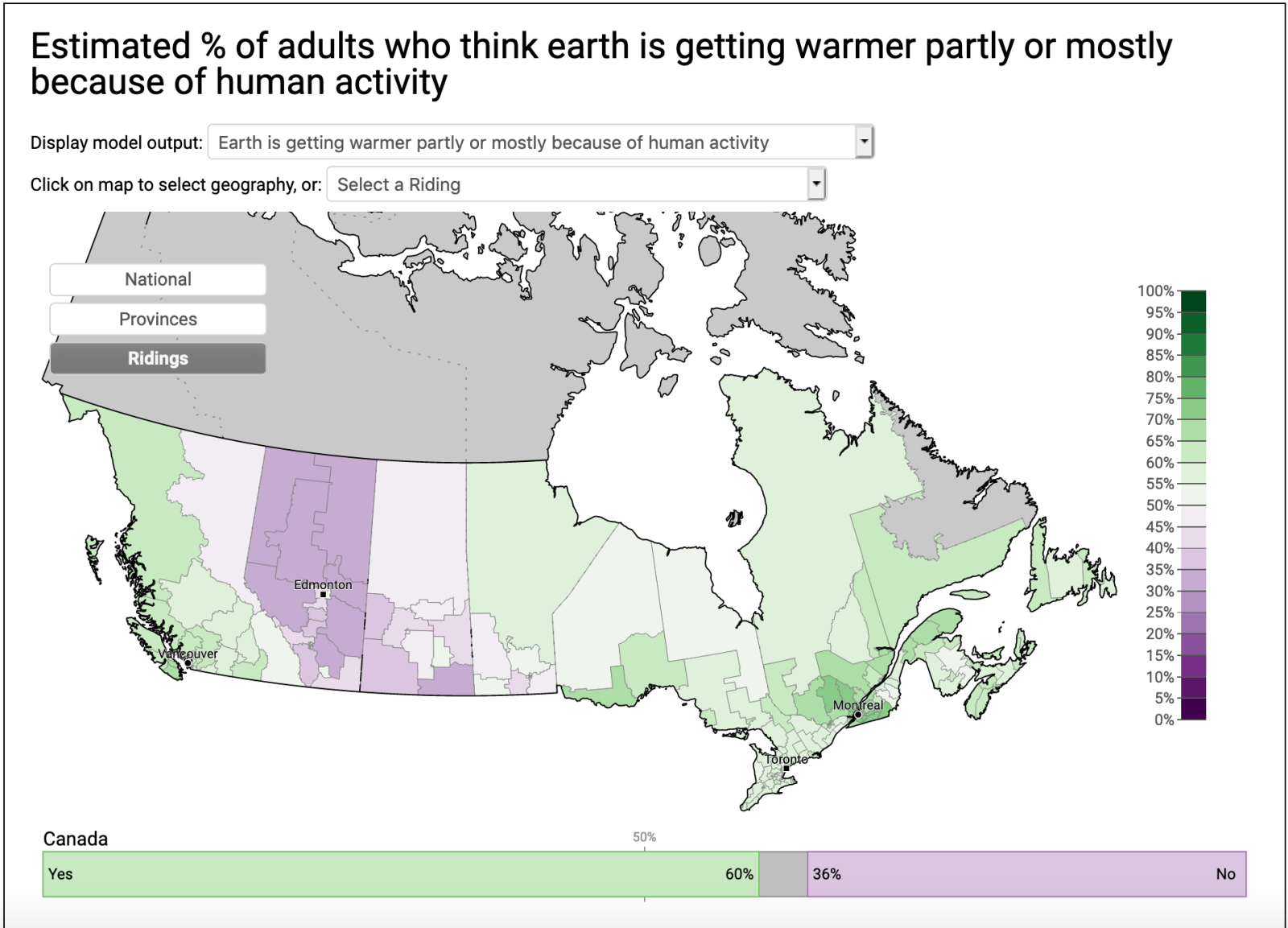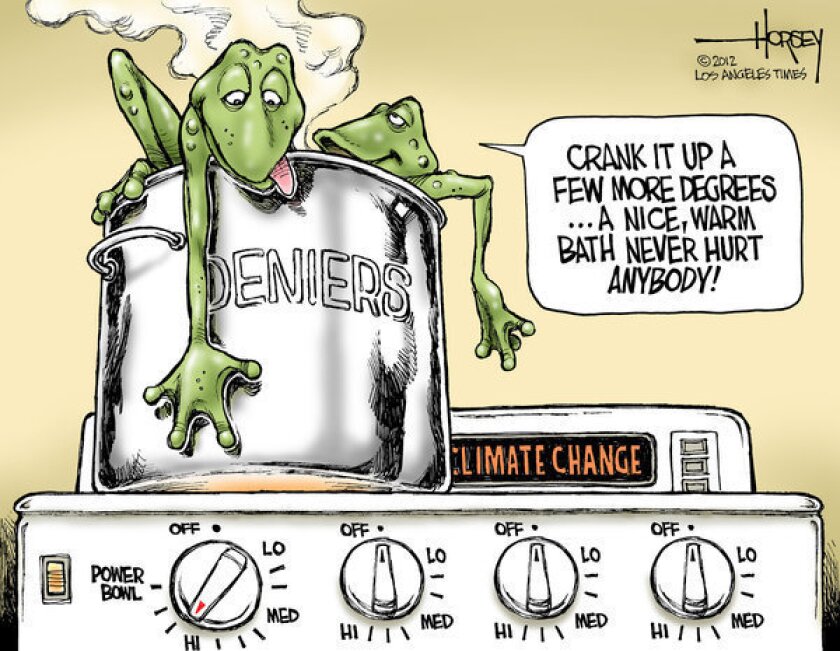Andrew Hayes, interim federal Environment and Sustainable-Development Commissioner, has just released a report that concludes that the Trudeau Liberals is “uncoordinated and disconnected,” in other words, a mess. The report notes that "success was measured by the number of meetings and committees bureaucrats participated in", which would be laughable, if the existential consequences for the world weren't so drastic.
When you say the government's goal is to cut greenhouse gas emissions and at the same time build more pipelines, such as Trans Mountain, Keystone XL, and the just completed Line 3 from Alberta to Manitoba that added 400,000 barrels of per day to Canada's oil production and will further increase to 760,000 bpd when its extension to Minnesota is completed, then it is obvious that there is no strategy, except promising voters what they would like to hear in order to win an election. To show the real trajectory of where this government is headed we need only look at the increasing signs that it is about to give Jason Kenney even greater ability to produce more fossil fuels and, at the same time, saying nothing against the proposal to extend a pipeline from Ontario to Saguenay Quebec in order to ship LNG from there to Europe, Asia and South America.
ETA: The Trudeau Liberals are also considering whether to approve the Teck Frontier oilsands mine that Kenney has been demanding Trudeau let go ahead (see next post for more details on this).
Canada’s approach to sustainable development is “uncoordinated and disconnected,” putting at risk a range of goals from climate action to clean drinking water, and weakening Parliament’s ability to hold the government to account.
That’s the conclusion of a new report released Tuesday by Andrew Hayes, interim federal environment and sustainable-development commissioner.
The commissioner, who is also the deputy auditor general, looked into whether federal departments and agencies were actually helping to further the government’s own sustainable-development goals.
Hayes described the approach he uncovered as “layering disconnected strategies on more strategies” and said this was confusing for both government officials and Canadians. ...
While other countries like Germany and Switzerland have put in place a single, unified strategy, he said, Canada has not.
“Without a coordinated approach in Canada, we risk duplicating work, creating confusion and, ultimately, impeding progress toward sustainable development and not achieving the (UN Sustainable Development Goals),” he wrote in a note accompanying the findings. “Coordination and accurate reporting are also essential to ensure that Parliament can hold the government to account on meeting its sustainable-development commitments.” ...
At the centre of the problem Hayes described are two overarching, long-term groups of goals being pursued independently by two federal departments.
One group comprises the Federal Sustainable Development Strategy, a three-year, rolling program currently in its 2016–2019 cycle. It is being run by Environment and Climate Change Canada (ECCC). Another group falls under the UN Sustainable Development Goals, an international program set up in 2015 to get countries to set and achieve similar goals by 2030. It is being run by Employment and Social Development Canada (ESDC).
“The issue I see is that both approaches aim to achieve the same objective and yet have separate strategies, which remain largely uncoordinated and disconnected,” Hayes wrote.
What’s more, the government appears to be preparing to do it all over again. This past June, both ECCC and ESDC released new strategies for their respective sustainable-development goals. Both strategies have separate sets of indicators, commitments and targets. ...
Departments were supposed to contribute to this goal by working with provinces, territories, Indigenous communities and other bureaucrats to put in place things like wildfire- and pest-control programs.
Instead, success was measured by the number of meetings and committees bureaucrats participated in, the report stated.
“Now is the time for the government to ensure that there is a single, well-designed and coordinated strategy for sustainable development that covers all of the organizations and all of the sustainable-development goals, targets and implementation strategies,” Hayes wrote.
https://www.nationalobserver.com/2019/12/10/news/ottawa-sustainable-deve...





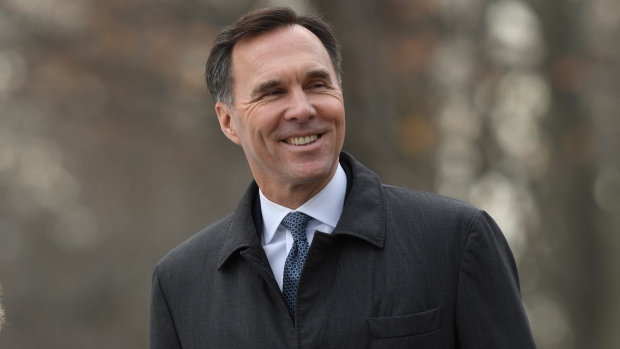
![COP25 summit fails to address key carbon markets issue Activists protest outside the venue of the UN Climate Change Conference in Madrid [Susana Vera/Reuters]](https://www.aljazeera.com/mritems/imagecache/mbdxxlarge/mritems/Images/2019/12/15/5cf32dac364044e6ba44c6b859e51d5d_18.jpg)



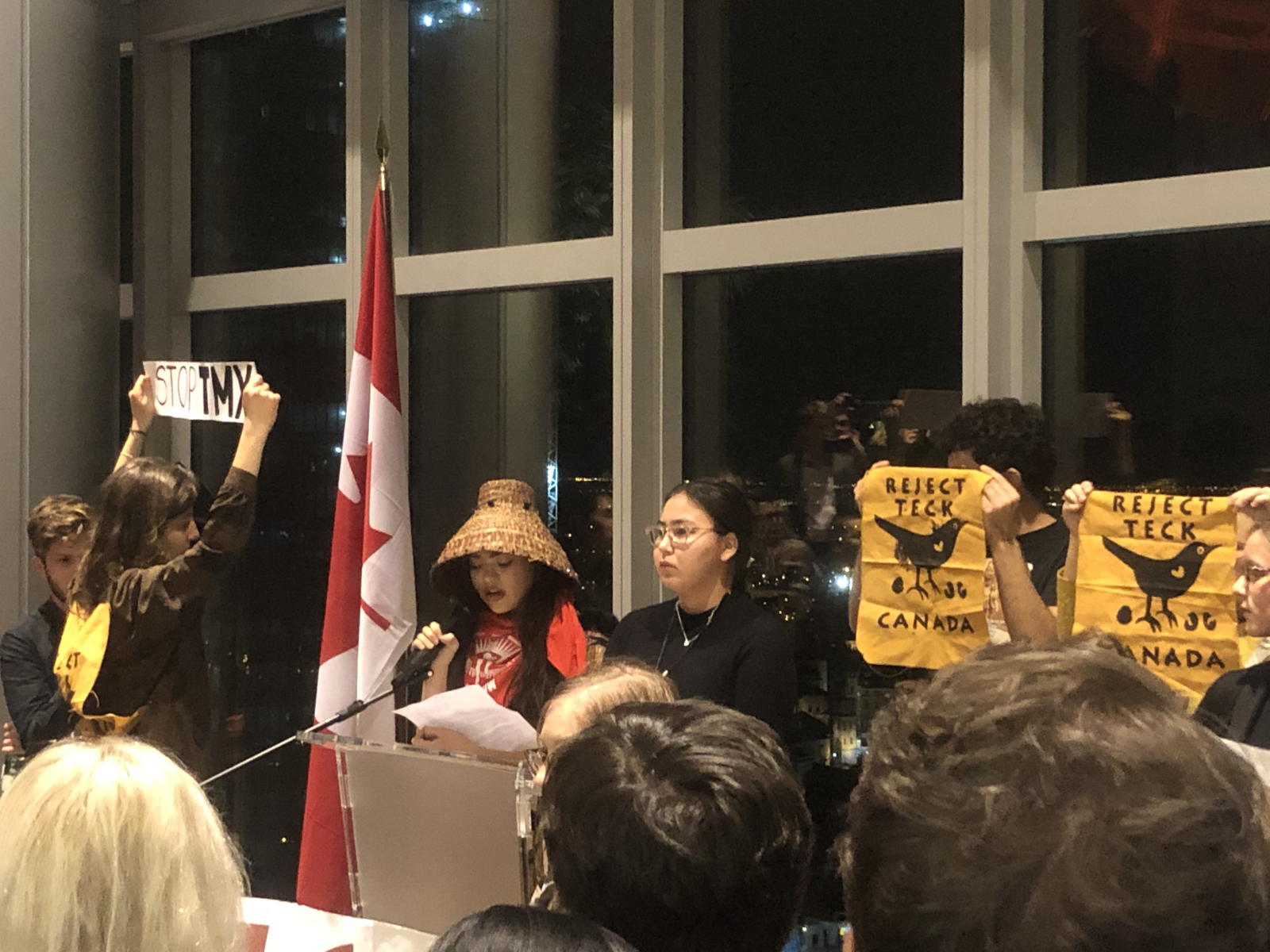




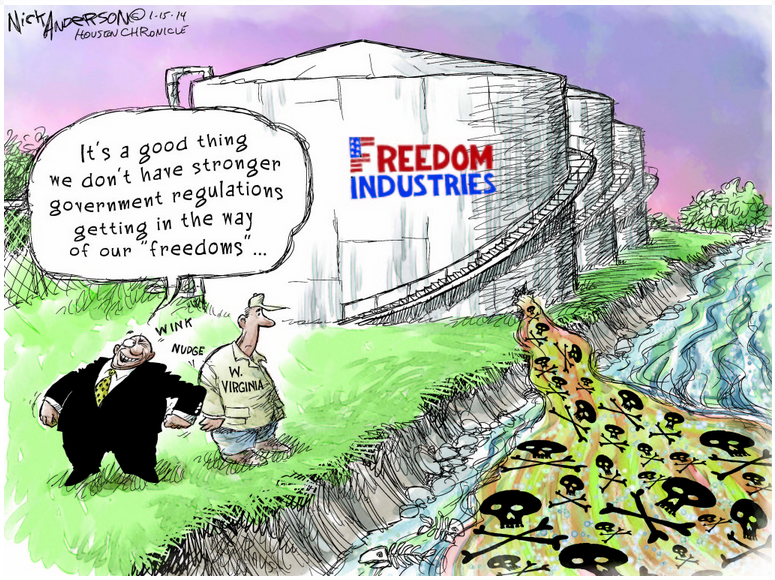

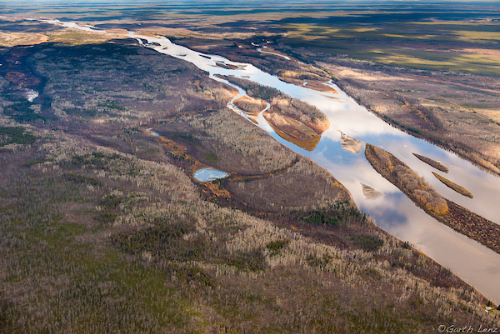
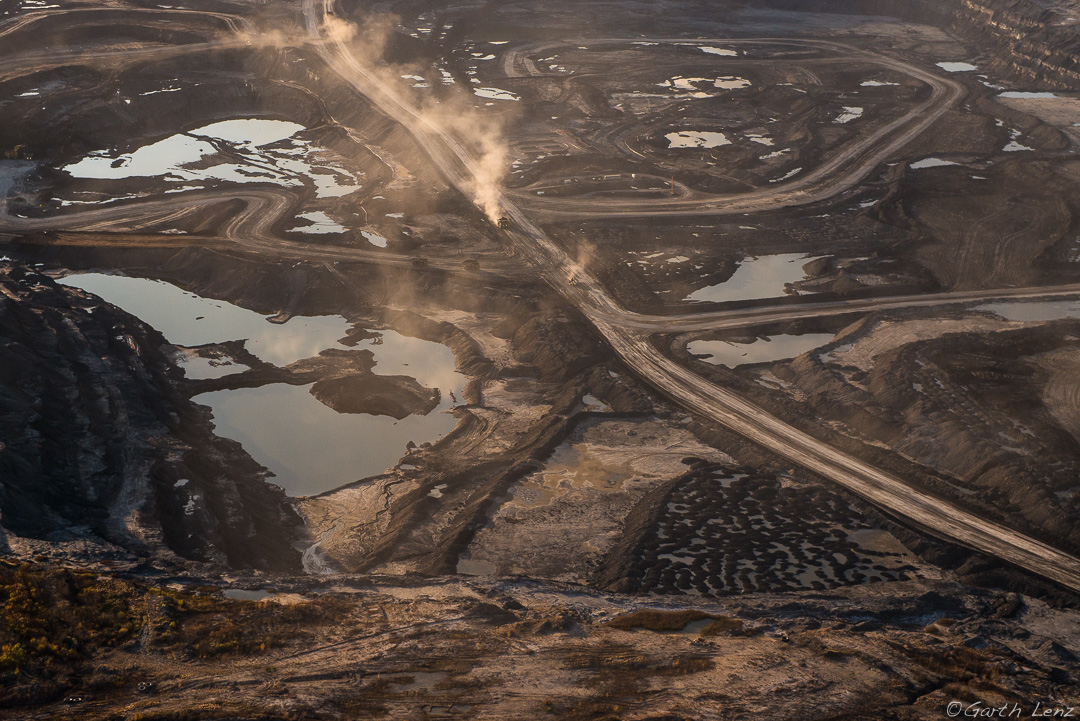

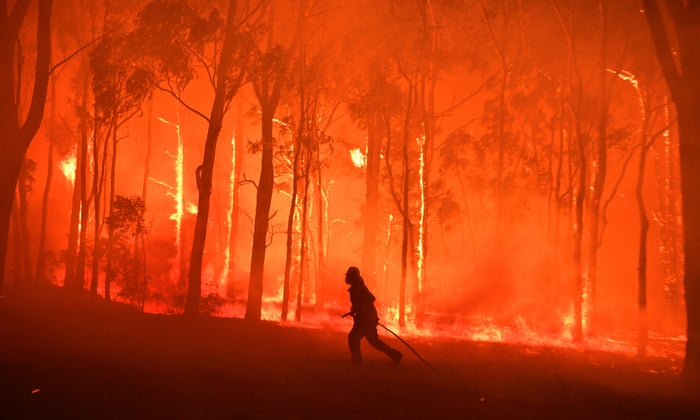


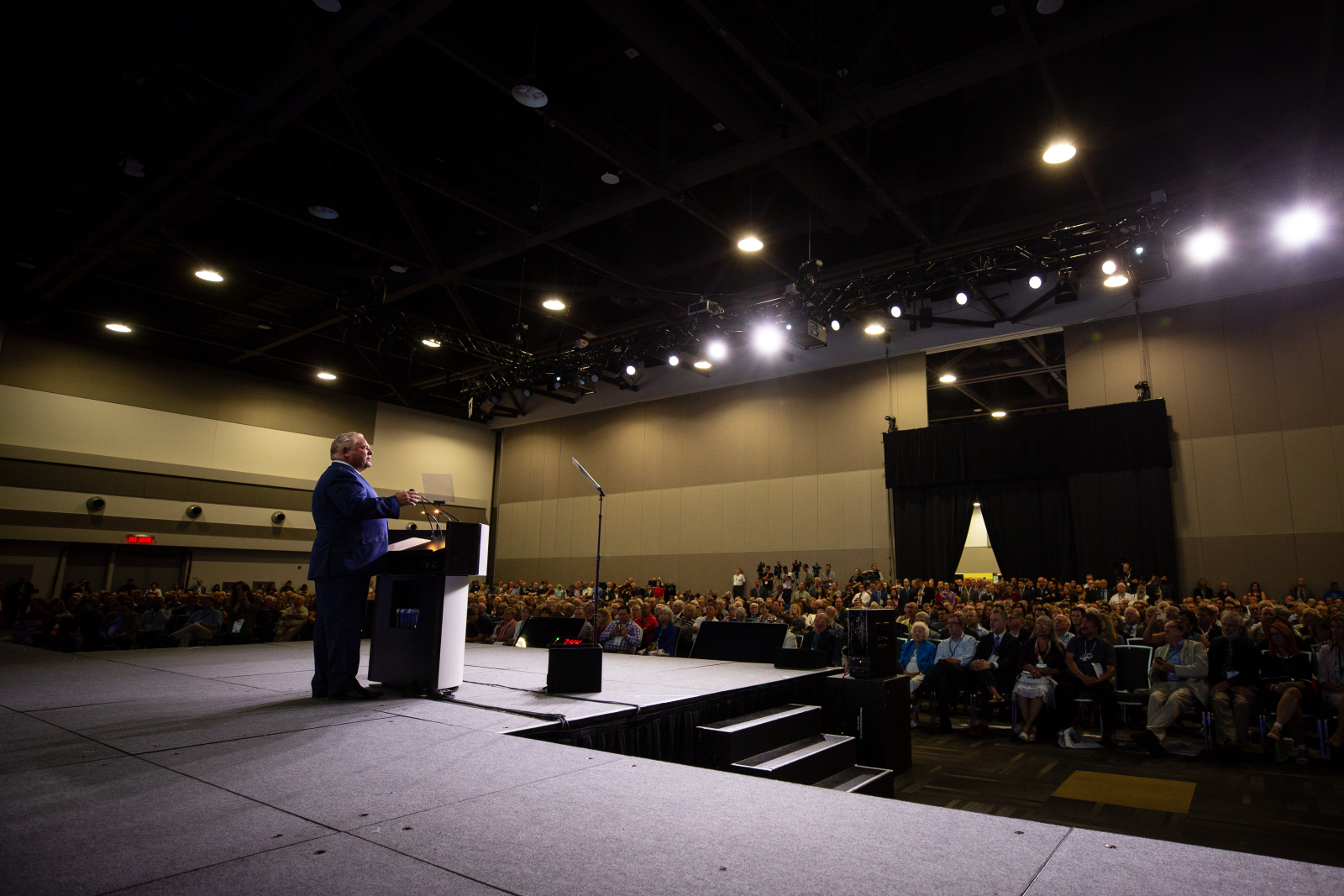
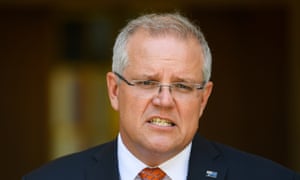
 During what was nothing more than a desperate photo opp at a bushfire-ravaged town, he tried to force an upset victim to shake his hand while other citizens heckled and booed him. (
During what was nothing more than a desperate photo opp at a bushfire-ravaged town, he tried to force an upset victim to shake his hand while other citizens heckled and booed him. (


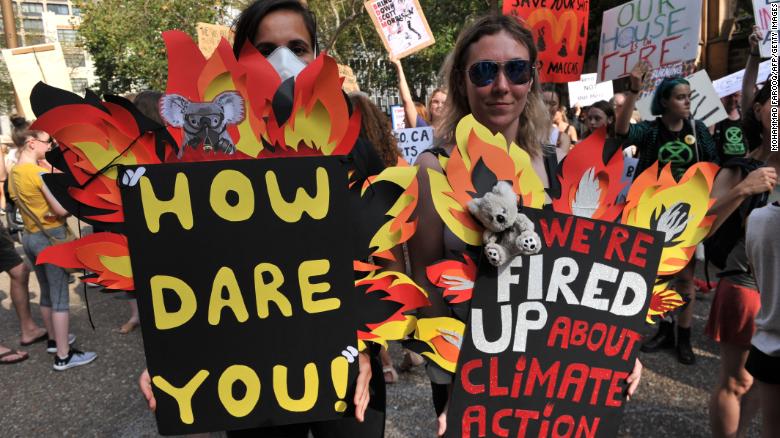


 Advocacy groups call on federal government to declare climate change a public health emergency
Advocacy groups call on federal government to declare climate change a public health emergency